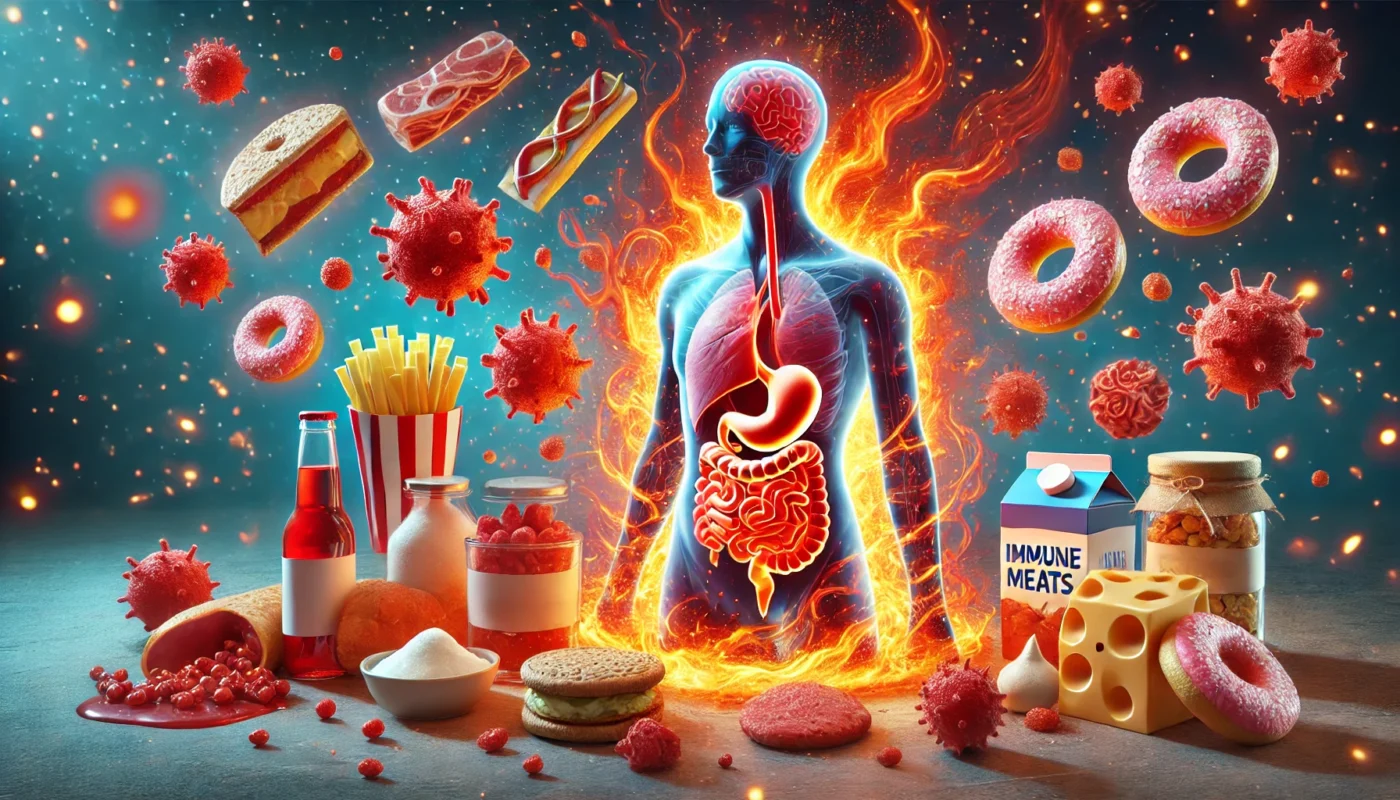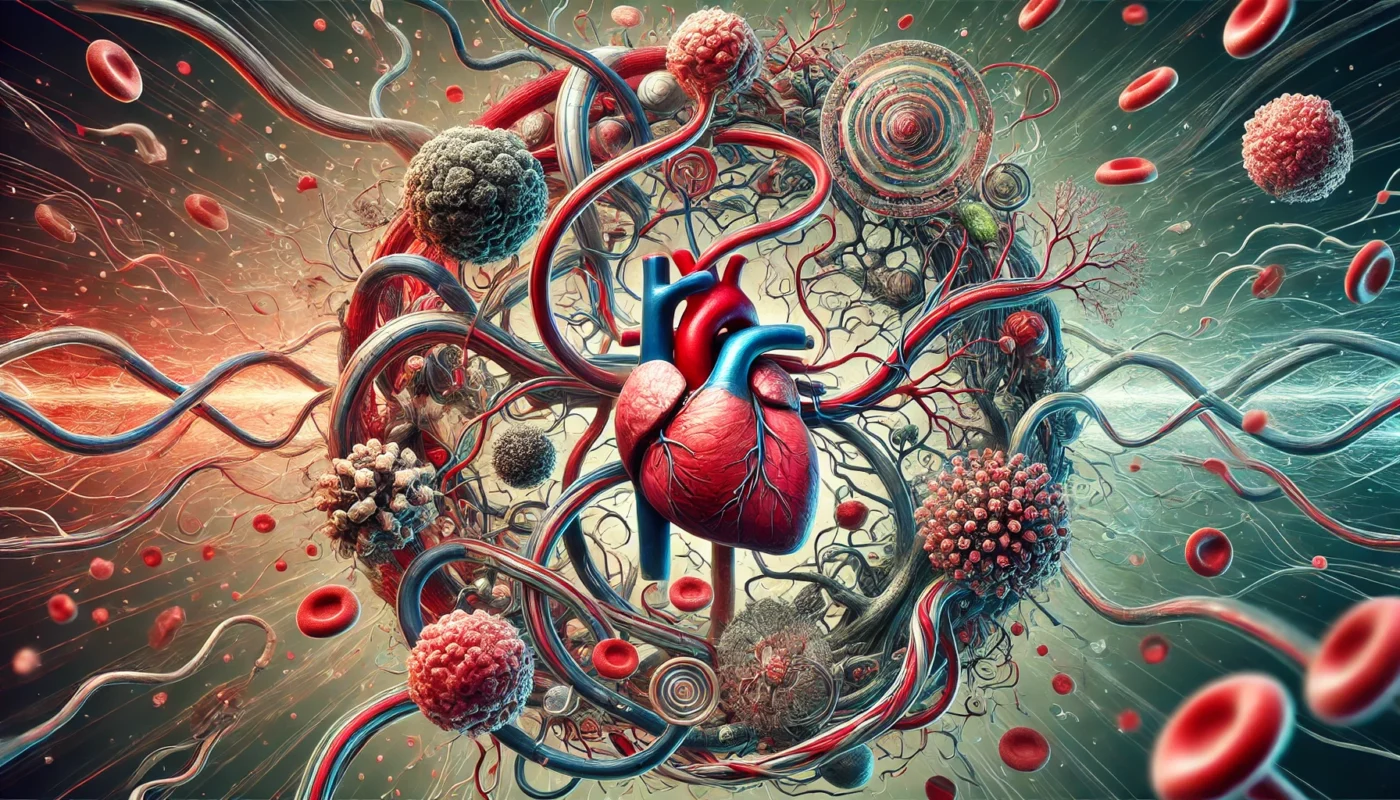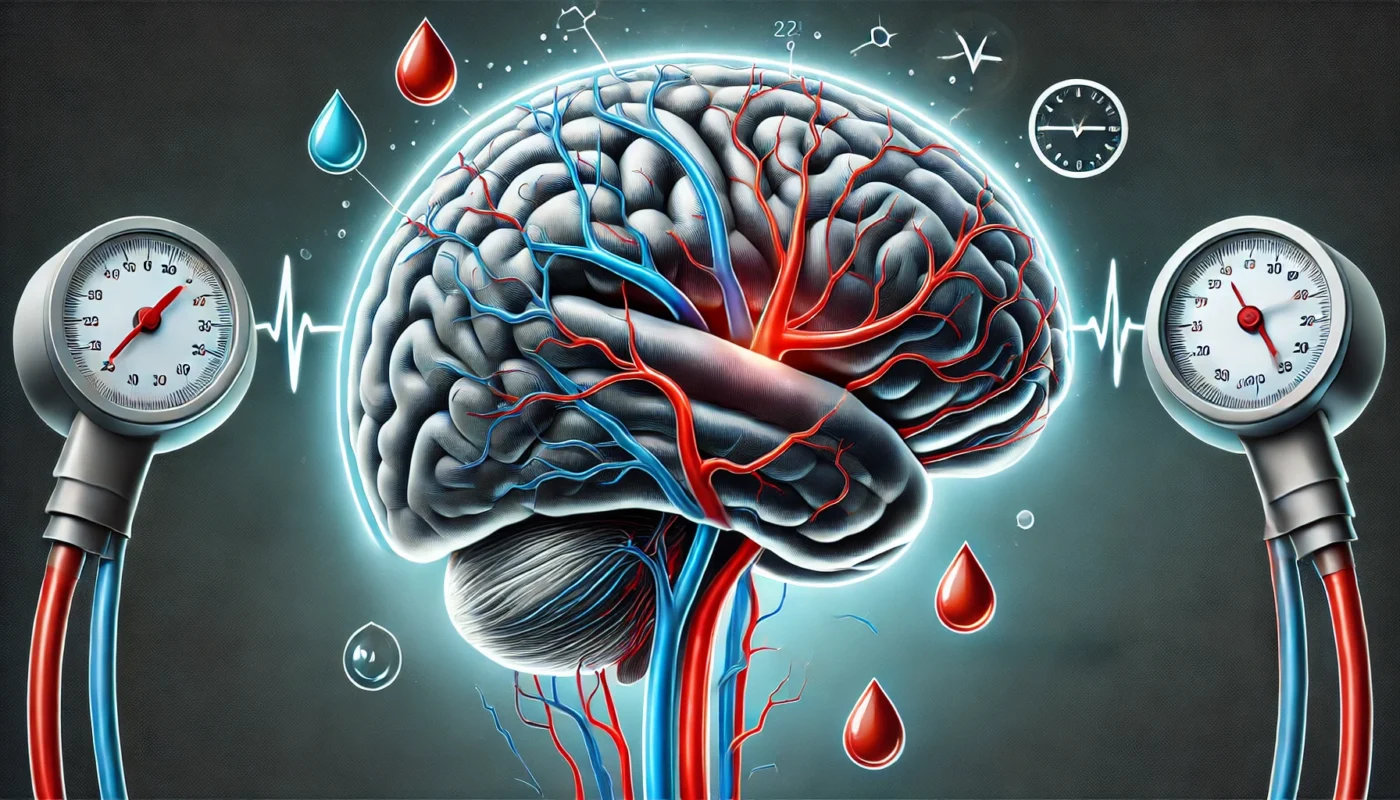The term “anti-inflammatory” refers to the property of a substance or treatment that reduces inflammation or swelling. In scientific terms, it involves the inhibition of the body’s inflammatory processes. Understanding the definition of anti-inflammatory can be pivotal in managing health conditions that are exacerbated by inflammation, such as arthritis, heart disease, and even some cancers.
Tag Archives: Chronic Disease
Inflammation is a protective mechanism that helps the body heal from injuries and fight infections. When the body detects a threat, the immune system releases white blood cells to the affected areas, resulting in redness, heat, and swelling. While this response is beneficial in the short term, chronic inflammation can cause lasting damage to healthy tissues and organs. It is linked to a variety of diseases, including arthritis, heart disease, and even cancer.
Inflammation is a natural and essential part of the body’s immune response. It is the body’s way of signaling the immune system to heal and repair damaged tissue, as well as defend against foreign invaders such as viruses and bacteria. However, chronic inflammation can lead to a host of health issues, including autoimmune diseases, cardiovascular conditions, and metabolic disorders.
Hypertension, or high blood pressure, is a global health epidemic, affecting nearly 1.28 billion adults worldwide according to the World Health Organization (WHO). It is a leading cause of cardiovascular disease, stroke, and kidney failure, yet its connections to other health issues, particularly cancer, are often overlooked. Emerging research highlights a potential link between hypertension and an increased risk of cancer, prompting questions about shared mechanisms and causative factors. This article delves into the overlapping pathways between hypertension and cancer, the evidence supporting their connection, and what this means for prevention and treatment strategies.
Hypertension, or high blood pressure, affects nearly half of the global adult population, according to the World Health Organization (WHO). While it is widely known as a leading cause of heart disease, stroke, and kidney failure, its connection to mental health often remains underexplored. Emerging research highlights a bidirectional relationship between hypertension and psychological well-being, where high blood pressure influences mental health, and mental health challenges, in turn, exacerbate hypertension. This article explores the hidden impact of hypertension on mental health, the underlying mechanisms driving this relationship, and strategies to manage both conditions effectively.





